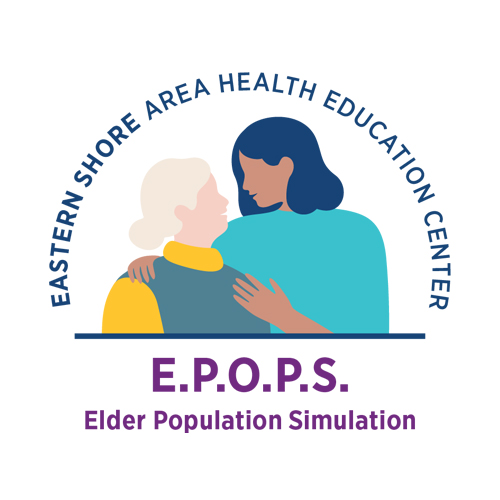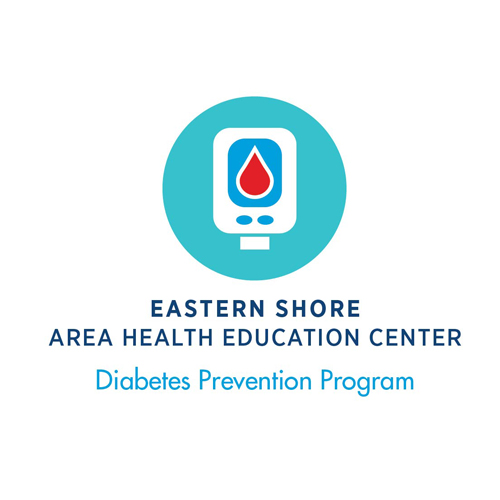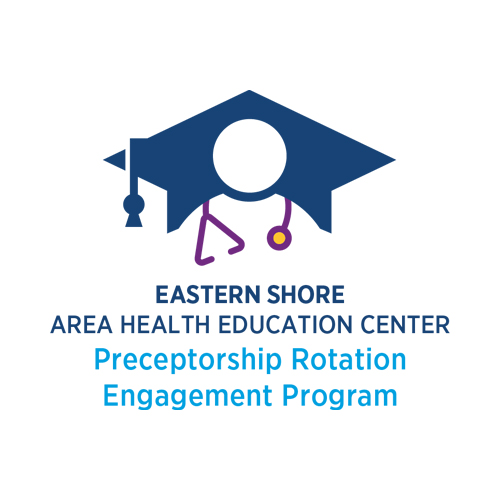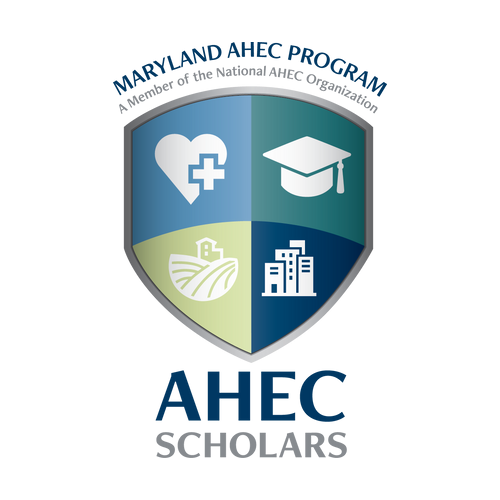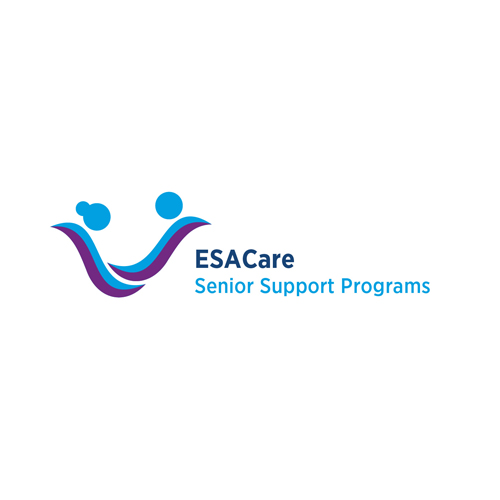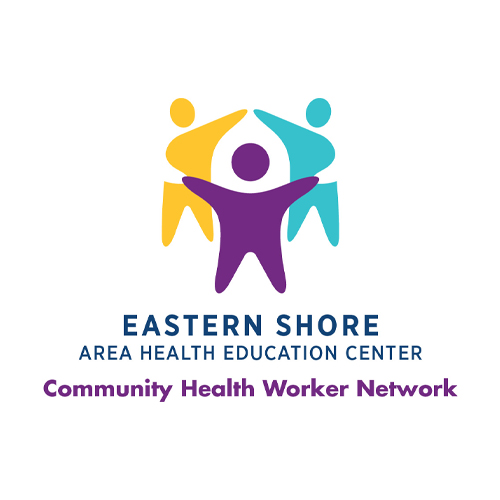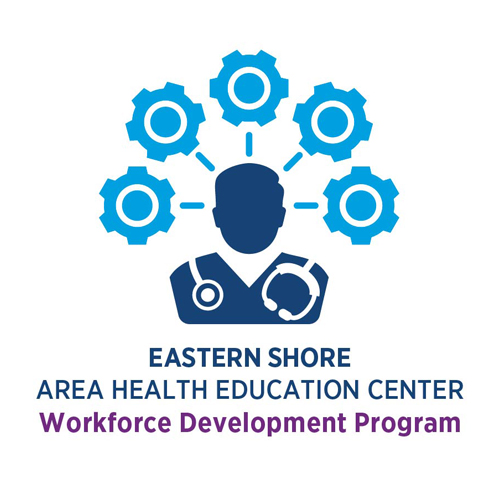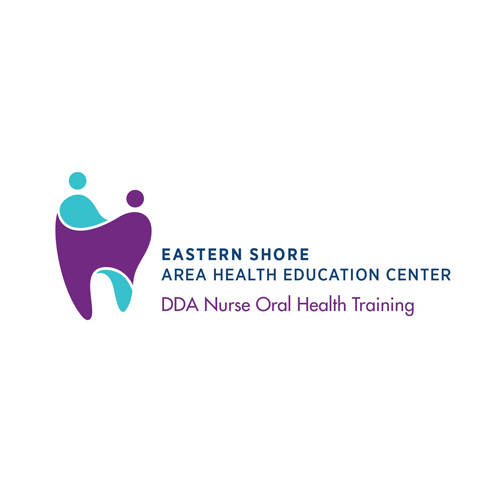All conferences/events/training are focused on providing knowledge to health profession and social service students, health, and social service professionals as well as caregivers.
Dementia Live training was added this year to the program through a grant from the Department of Aging. ESAHEC’s goal is to offer Dementia Live training several times a year.
GGEAR is a state-funded program developed in 1987 to support interprofessional educational and research activities in the field of geriatrics and gerontology that are designed to bolster the well-being of older adults and improve quality of later life. ESAHEC serves as a partner on the project and supports the programs mission, vision and progress in the following ways.
MISSION
The Geriatrics & Gerontology Education and Research Program is a University of Maryland, Baltimore-based program that facilitates interprofessional education and interdisciplinary research activities in the field of aging in partnership with campus affiliates and agencies and organizations serving Maryland’s older adults and their caregivers.
VISION
Optimize care provided to older adults to promote quality of life through education, research, and training.
GERIATRICS: THE BRANCH OF MEDICINE FOCUSED ON MEDICAL CARE AND TREATMENT OF OLDER PERSONS
GERONTOLOGY: THE FIELD OF SCIENTIFIC STUDY EXAMINING THE BIO-PSYCHO-SOCIAL PROCESSES AND IMPLICATIONS OF AGING
Geriatrics and gerontology are specialties with an inherent relationship—a focus on older adults and the aging process with the goal of maximizing functioning to achieve a high quality of life. GGEAR-supported activities and initiatives embrace the perspectives of these fields as we work collaboratively with partners on and off campus to cultivate educational and research activities.
In cooperation with the Maryland Area Health Education Centers (MAHECs) and the Johns Hopkins Workforce Enhancement Program (GWEP), GGEAR provides professional education conferences that are geographically and financially accessible to professionals and paraprofessionals in the senior service and care industry, as well as older adults and their families.
In partnership with the Maryland Agencies on Aging and organizations such as the Maryland chapters of the Alzheimer’s Association and the Beacon Institute, GGEAR co-hosts a variety of conferences for professionals, paraprofessionals, and the lay community, including the annual Family Caregiver Conference in Southern Maryland (since 1992) and annual conferences for nursing Assistants in the greater Baltimore metropolitan area and on the Eastern Shore of Maryland.
GGEAR sponsors the Geriatric Assessment Interdisciplinary Team (GAIT) Project in partnership with the MAHECs, GAIT brings together health professional, social work, and law students from all University System of Maryland (USM) campuses for didactic and clinical sessions at geriatric sites located in medically underserved communities across the state, including medical & rehabilitative hospitals, independent living & long-term care communities, and hospice & palliative care settings.
In partnership with the Eastern Shore Area Health Education Center (ESAHEC), GGEAR sponsors an annual Assessment Tool Workshop for students at Salisbury University and the University of Maryland, Eastern Shore majoring in Pharmacy, Physical Therapy, Nursing, Dietary/Nutrition and Social Work. This half-day interdisciplinary training program supports the development of clinical skills relevant to the care of older adults and emphasizes the importance of a team approach in geriatric health care planning and delivery.





